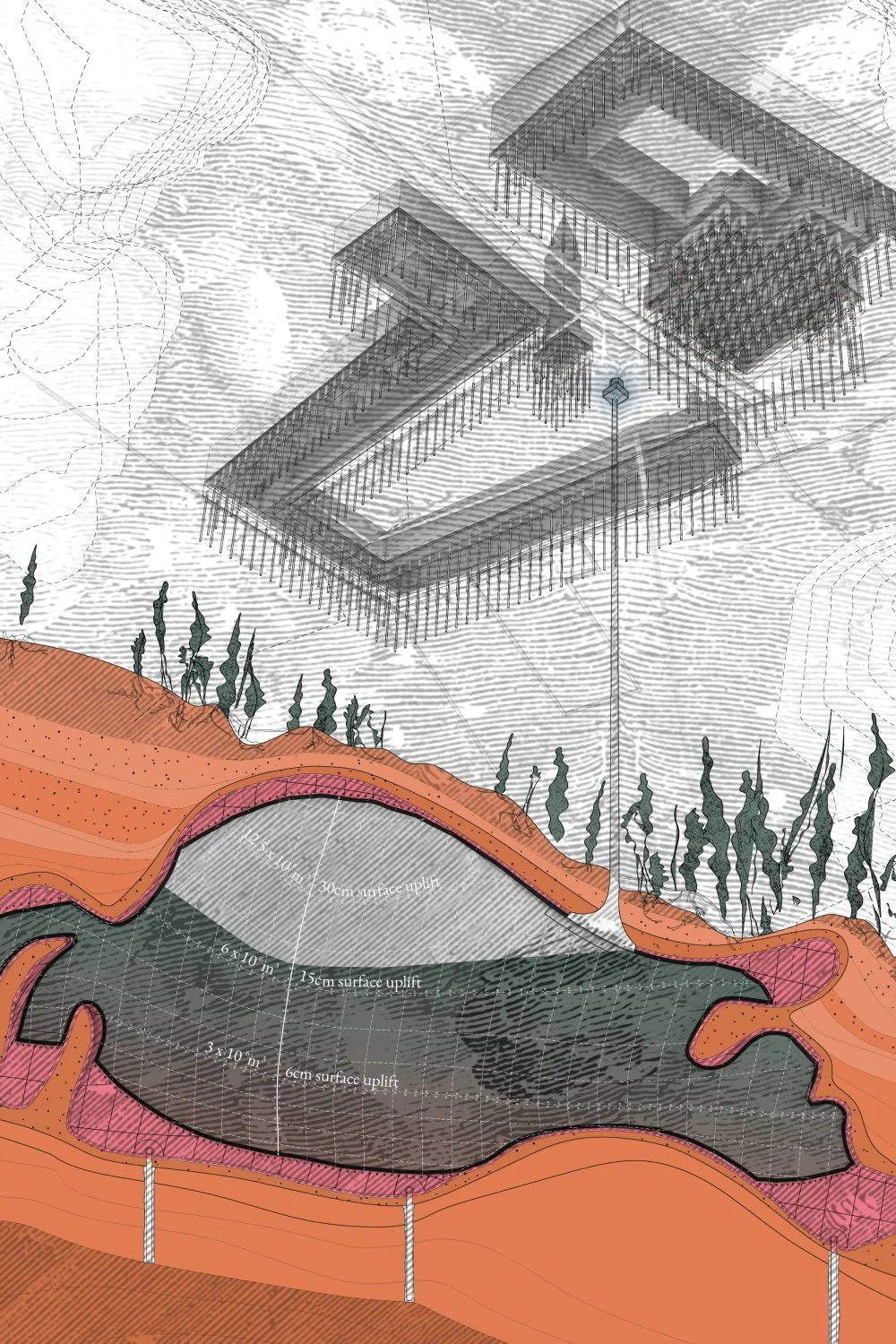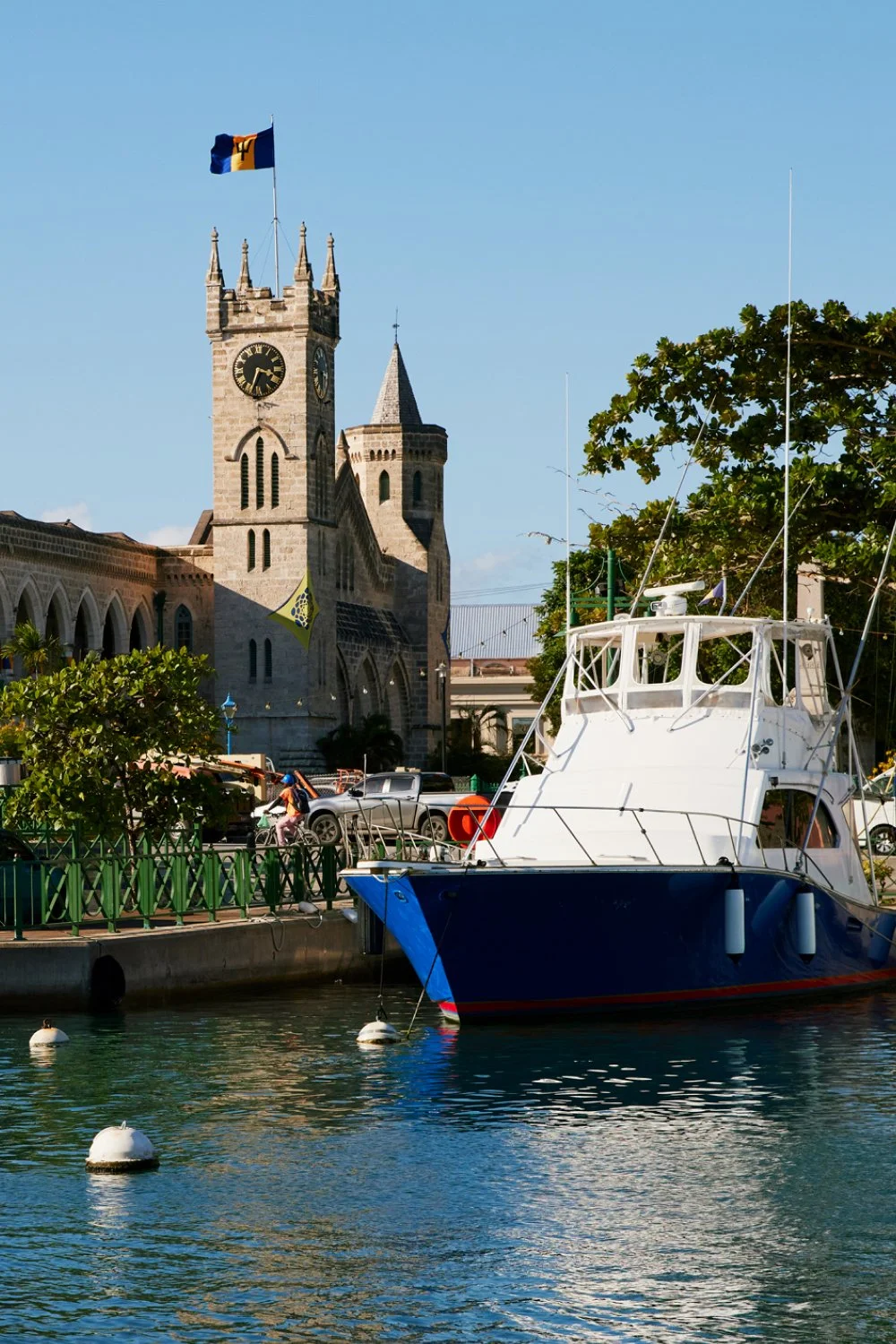Essay As Sculpture #2
Text and photography by Shirt

The poet Evie Shockley writes, “vocabulary takes us under its wing.” It’s the kind of idea that sticks to my ribs. Sentences help lead the way forward—not just the ones we learn to string together or get to utter if we’re lucky, but the ones we live and experience, whether we have the audible language for them or not. When I began writing this work, the E key on my Mac stopped working. For some time I had to copy and paste the E in every word that needed one. You do what you can to trudge forward and you must always remember, most stories don’t come out.
I was writing about this distance. There was a day last summer when we drove through an area in Marin County in Northern California, where it seems like every house is an elaborate compound built into the hills. I was in the backseat, where it’s nice to be sometimes. We’d bend corners on the road and slowly and I’d get glimpses of these properties through garden entrances, lush hedges trimmed with matte-painted sports cars and Benz trucks peeking from open garages out front. It felt like a scene from a Bond film. The cherry blossoms, my god! These didn’t feel like NYC cherry blossoms. There was something about these winding roads opening up to these cliff views and maze grounds. I kept thinking, “These are the streets that the people who live here take to the supermarket.” It became that tactile for me, I started tracing the steps.These are the houses people come back to at night, and invite their friends to for dinner. This is where kids do their homework and play video games and ride their bikes.
I became uncomfortably aware of like, this big distance. What felt like too big of a distance. How far it is from what me and so many people know. I grew up in Queens, New York, on the farthest tip of the island you can drive to, by the Con Edison plant. Because just a block away we were on the water, it was picturesque. The buildings were that Section 8 brown brick in the ‘80s and ‘90s.They might have painted over the bricks now. They might have closed off the garbage celler you used to be able to walk through under the buildings. My memory takes me to the dirty lobbies and rundown courtyards. The dry cleaners and Johnny’s place. Fucked up neighbors on my block who I'm sure thought the same or worse about us. My dad put my mom in the hospital on a bad night. Bad nights, my mom beat me up and kicked me out of the apartment, naked. Cops knew our address well off the bad nights. My mom did her best but she had been abused herself, grown up through her own bad nights. And still, she loved me more than anything and taught me to love. She took me to parks across the city just to show me my world was bigger than my block.

I know enough to know that people in nice houses are not spared fucked up nights. I know horrific things happen in nice houses and behind lily white fences. I know the opposite is true too; tender, beautiful nights can and will happen in the harshest fucked up reality. And I personally didn’t grow up in the harshest reality by any means. We had Hell’s Gate and the strip. But driving around that day I thought, postcards are the same everywhere, right? I’ve never seen a postcard of an asbestos-laced apartment in the projects. What happens when your home and neighborhood feels rogue and abandoned? What is the net effect on people born into environments so far from what I was seeing on this day? What are the effects on kids who wake up in bedrooms with the paint chipping off the walls, mice running around in the ceilings, broken windows and doors and floors, a fucked up fridge? Psychologically, it fucks with me. I hate a fucked up fridge. God I hate a shit Queens apartment, my bad. Those orange wood floors they all have and the gates on the window. Ambulances all night, random screaming. Interacting with police who treat you like shit daily. How does it affect a kid who has to walk past the rundown check cashing spots, and the liquor and dollar stores on their way to school everyday? Or stepping over neighbors you’ve known your whole life to get into your building. People make it out of things, but who are they on the other side?
This distance was too glaring. It felt like more than money—like money alone wouldn’t do it. People where I’m from might get money and go buy a big ugly house in New Jersey, or some fake nice condo wherever. Unless you’ve seen and know about some shit. In New York City, rich and poor people all walk the same dirty ass sidewalks, damn near. But here was this realization, for me, that it wasn’t just money that got you to a neighborhood like this, in these homes fucking built into the side of the earth. Here was this other, palpable distance I was being forced to reckon with: how fucking slim-next-to-impossible it is for someone where I’m from to see this shit, let alone end up living in this postcard world. Who tells you about places like this? Places you don’t hear no one rap about! I was shown this place on this day. I thought I’d seen some nice places around the world—leaving America is a different conversation altogether. But this was just some place we drove in California.

I want the fucking distance to be shorter. Not the literal distance between life in Queens or Brooklyn, or this place in Cali, or Mexico, or any other gorgeous place I’ve been. But the distance between what I grew up thinking the world was like and then learning what it could actually be. Or really what it is, without even me needing to realize it. I surmised it was maybe about this feeling of care and attention. This neighborhood with the perfect architecture maybe simply registered to me as something people put a lot of care and attention into. What a concept. The artist Chloe Bass asks, “How much of love is attention?” I was thinking maybe all of it.
I listen to these small feelings, where pangs ring off somewhere in my body. The random, quick drive it took for us to get to this place I felt was so cared for and so considered didn’t match with how devastatingly easy it would’ve been for me to have never seen it at all. Can you imagine all the things you never get to see so you never know exist? I need it to feel like a shorter distance a kid has to go to get to this place. I want the younger me to know what I was made to believe was “impossible” didn’t have to be, or at least should’ve felt way less so. So I need to live that. I need NORE to host SNL. We need to get together to find ways. I’m not talking shortcuts. I want every part of it. I don’t want the “easy” way, but fuck doing the hard-for-no-reason, racist, sexist, classist, capitalist-driven fucking gross way. There needs to be new ways.

It felt impossible that I could have a fulfilling life and respected career. It feels impossible to become some respected artist who makes work that is taken seriously, or that we could get to a place where people’s ideas and intelligence are what is valued over any other thing. “Get to a place” invokes this distance for me again. A place where corporations fill up board seats with the same people they sell to, and support the minds of kids instead of just photographing their faces. Don’t talk to me about “talent”! Society would have you believe that only in wild dreams could you write raps and make art for a living. That only in wild dreams could putting ideas out afford you what they call “financial stability”—a nice car, a home I own, good clothes, what they call “vacations.” I haven’t felt yet like I could take a “vacation.” We pit living a fulfilling, creative life, doing and making things because we love them and feel called to them, up against living purportedly “safe” and taking conventional routes. Like any routes are ever truly safe or conventional, especially when Black and Brown people walk and run them. Make a route.
This name I go by, Shirt, started making me think about the ubiquity of a shirt. It was my rap name for years and then I grew to understand it differently. I was painting on T-shirts years ago and people would tell me the name was easy to remember. Now it makes me think about people who get forgotten. Not the people they make the documentary about but the people in the background of the shot, or just off camera, out of frame. I think about people who didn’t make it a lot. All the ways it could look like not making it. The people nameless and faceless in the crowd. People working, hopefully laughing a lot, and dying in obscurity. The way we just say “people” and don’t think about the billions of actual lives lived. There’s a lot of us here but not alot of distance between us. So I find another distance.

I remember reading some years ago that when sonar became widely used during the Second World War, operators detected what they thought was the sea floor. Later it was discovered that this surface was actually millions of organisms all huddled up close to one another. This phenomenon of the false sea floor became known as the “deep scattering layer,” because it scattered the sonar signal.
In 2013, an executive at Def Jam told me I look like every Spanish kid from Queens that ever lived. I think she was right, though she said it like it was a bad thing.
Shirt is a rapper and conceptual artist working in New York City. A forthcoming new album, “I Turned Myself Into Myself” (2022), will be released on all major streaming platforms. Currently completing a 2-month residency at OMITTED in Italy, Shirt lives in a 15th century castle and is working on a series of vocal recordings. Select works are available for online viewing at rapartist.org


